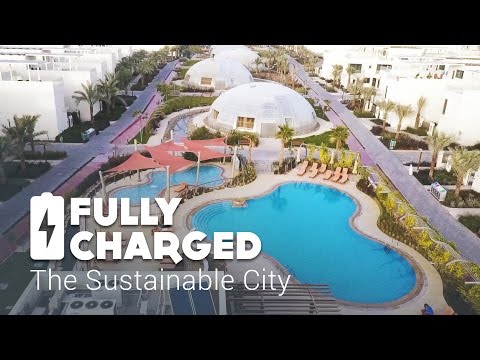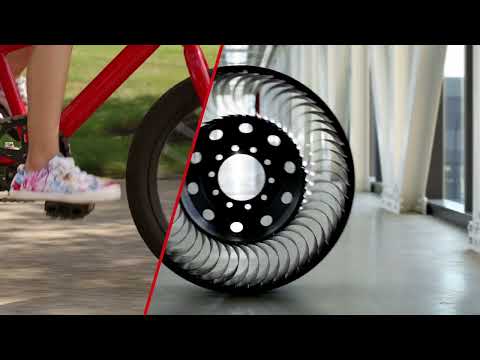When it comes to sustainability, plastic is often demonized as one of the main contributors to environmental degradation. We’ve all seen distressing images of landfills piled high with plastic waste, or heard about the detrimental impacts on marine life caused by single-use plastics. While it’s important to acknowledge these issues, it’s crucial to look at the bigger picture and recognize situations in which plastic can actually be a more sustainable choice.
Plastic has become an integral part of our daily lives due to its numerous beneficial properties. It’s lightweight, durable, versatile, and cost-effective. These characteristics make plastic an ideal material for various applications, helping to reduce energy consumption throughout the production and transportation process.
One significant advantage of using certain types of plastics is their ability to preserve food and extend its shelf life. Plastics such as polyethylene are commonly used for food packaging as they create a barrier against moisture and oxygen, protecting the product from spoilage and reducing food waste. By preventing food from wasting away prematurely, plastic packaging helps conserve valuable resources like water and energy that would have been used in producing additional food.
Additionally, alternatives to plastic packaging often require more energy-intensive methods for production. Glass containers, for example, require higher temperatures during manufacturing processes which result in more carbon emissions. Moreover, transporting glass bottles tends to be heavier and requires more fuel compared to transporting lightweight plastic containers over long distances.
Plastic materials have also played a vital role in medical advancements. The healthcare industry heavily relies on single-use plastics for various medical devices such as syringes, catheters, and IV bags. These items are crucial in preventing infections and maintaining sterile conditions during medical procedures. The use of single-use plastics in healthcare significantly reduces the risk of cross-contamination compared to reusable alternatives that need thorough cleaning processes.
Another aspect where plastic outperforms other materials is in insulation properties. Plastic foam is widely used for insulation purposes in buildings, contributing to energy efficiency by reducing heat transfer and lowering heating or cooling needs. This ultimately results in decreased energy consumption and reduced greenhouse gas emissions associated with operating heating, ventilation, and air conditioning systems.
It is essential to note that while plastic might have its advantages in certain situations, it is crucial to prioritize efforts towards reducing overall plastic usage. Promoting recycling programs and the development of biodegradable plastics should remain a long-term goal. Additionally, improving waste management systems to effectively collect and recycle plastic waste is vital for minimizing its impact on the environment.
In conclusion, labeling plastic as universally unsustainable oversimplifies a complex issue. It’s true that the overconsumption and improper disposal of plastic pose significant environmental problems. However, we must recognize that sometimes using plastic can be the more sustainable option, particularly when it comes to food preservation, medical applications, transportation efficiency, and insulation properties. Balancing the benefits of plastic with responsible usage and advancements in recycling technology will be key to achieving a more sustainable future.





